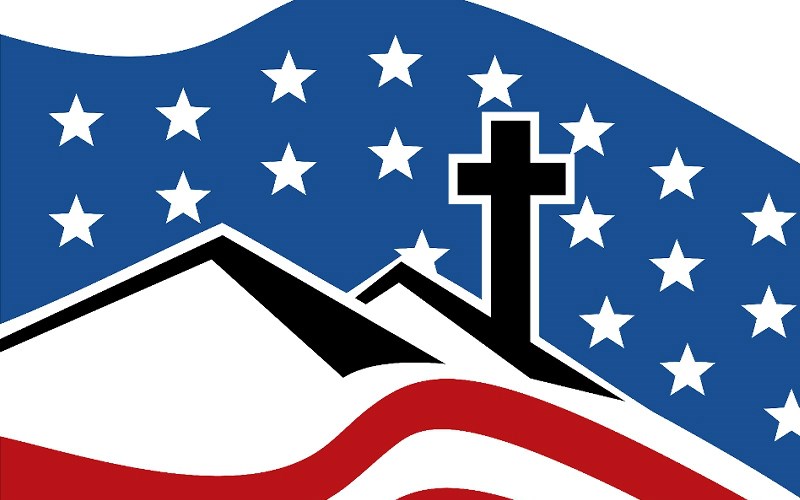"Self-identified Christians are consistently more likely than all U.S. adults to view America as historically Christian, blessed and chosen by God, made up of immigrants, a leader to the rest of the world and not oppressive to minorities," the Barna Group revealed in a recent report on two surveys. The first was conducted in July-August 2019; the second in January-February 2021.
2020 a year of changes
Barna highlighted the changes in Americans' perceptions of their nation a year before several volatile events took place in 2020 – including the COVID-19 pandemic, social justice riots, a divisive election season and the U.S. Capitol uprising – and then surveyed them again in early 2021.
"[M]ore self-identified Christians today 'strongly agree' that the U.S. has historically been a Christian country (33% vs. 29% in 2019)," Barna researchers divulged, with approximately 1,500 believing and non-believing Americans participating in the 2019 survey and more than 2,000 taking part in a similar poll 18 months later.
However, after a turbulent 2020, fewer Americans see the U.S. as an inspiration to other nations.
"Both U.S. adults and self-identified Christians are less likely now to 'somewhat agree' that the U.S. has historically been a leader to the rest of the world – each shifting five percentage points lower since 2019," the report showed.
And despite the inner turmoil that surfaced in 2020, believers' responses indicate they were more likely to see God's hand on the country more this year than two years ago.
"Self-identified Christians are also more likely today to 'strongly agree' that the U.S. has historically been a nation chosen by God (24% vs. 20% in 2019)," the research indicated.
Americans' take on immigration also saw a turnaround over the past couple of years.
"When it comes to perceptions of America historically having been a nation of immigrants, both U.S. adults and self-identified Christians shift slightly away from their strong agreement in 2019," the report announced. "This question stirs the greatest movement, with 6% of both U.S. adults and self-identified Christians moving from 'strongly agree' to 'somewhat agree.'"
Political parting …
With the 2020 election shifting the nation from the conservative leadership of former President Donald Trump to the left-leaning leadership of President Joe Biden, changes in Americans' perception of the U.S. became evident when looking at Republicans and Democrats in 2019 and 2021.
"Analyzing shifts from mid-2019 to early-2021, researchers found Democrats today are more emphatic in their strong agreement that the U.S. has historically been a leader to the rest of the world (33% in 2019 to 38% in 2021)," Barna reported from its surveys. "Republicans have moved in the opposite direction – currently, half (49%) strongly agree the U.S. has long been a global leader, versus 57% of Republicans in 2019."
Even though more than 97% of America's Founding Fathers were Bible-believing Christians, responses from survey participants in both political parties reveal they are still undecided about the U.S. being a "Christian nation."
"Republicans are firm in their conviction that the U.S. is, historically, a Christian country (41% strongly agree in 2019 and 2021), yet there is some softening in their belief that it is also a country blessed and chosen by God," the results showed.
"Democrats, meanwhile, have become slightly more open to the idea of the U.S. being a subject of God's favor – though, overall, Republican and Democrat alike are largely neutral on these points."
Immigration was also touched on in the surveys from both years, with only one notable change … coming from Democrats.
"When asked if the U.S. has historically been a nation of immigrants, 52% of Democrats today strongly agree – a smaller majority than in 2019 (60%)," Barna informed.
It was also found that a majority of Democrats believe that the U.S. has oppressed minorities – answering in the affirmative more than Republicans – with both parties' responses remaining generally constant on this issue over the past two years.







